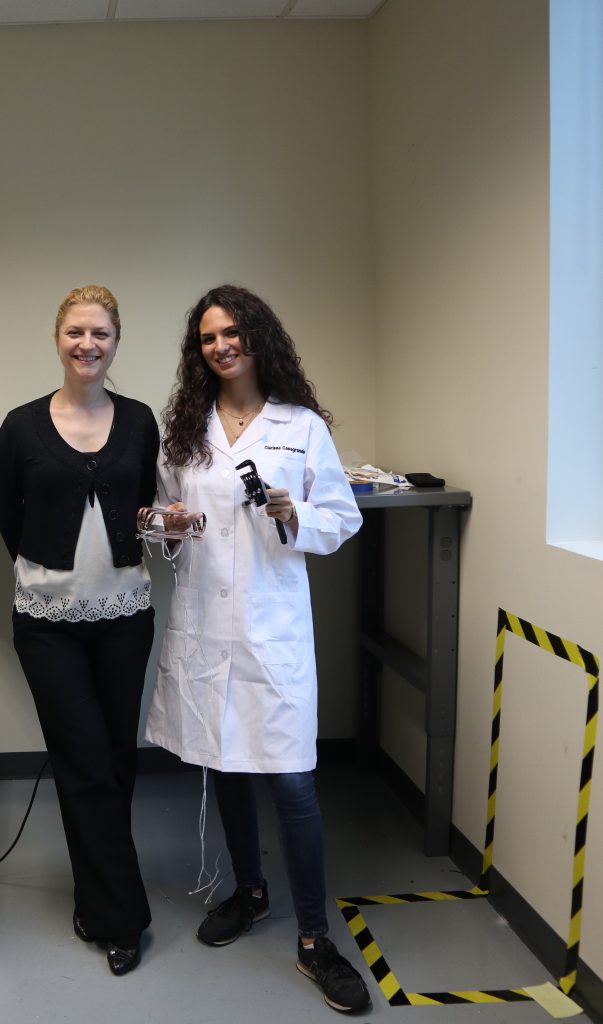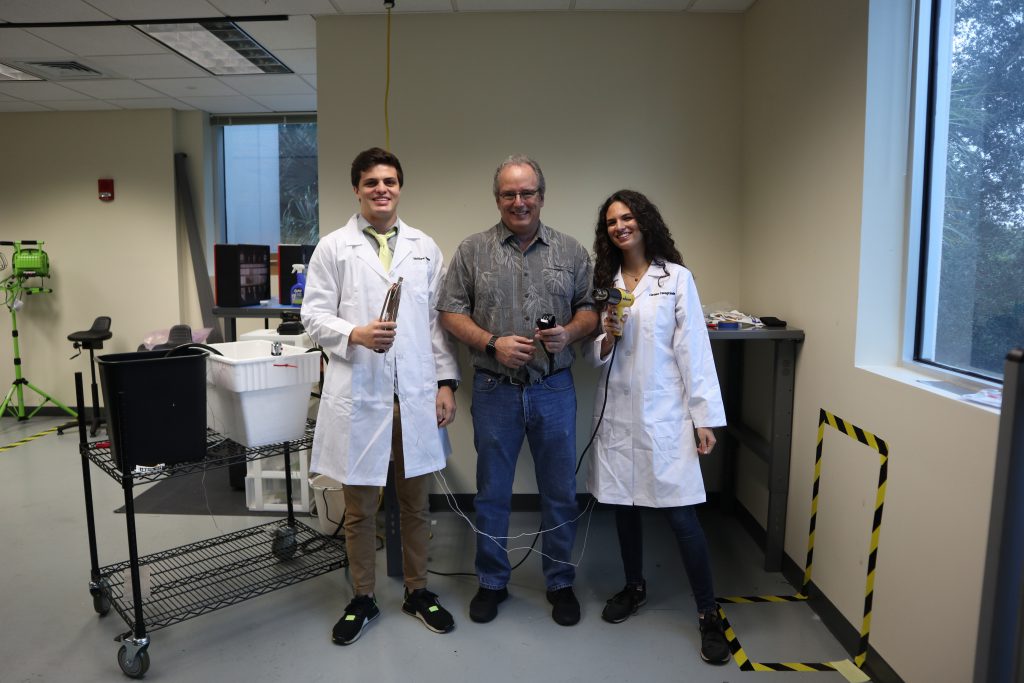Our technical writer had the pleasure of interviewing Clarissa Casagrande, FSI’s Mechanical Engineering and Energy in Aeronautics Intern, at the end of her five-week internship. Here is what Clarissa had to say about her time at FSI.

Anshare (Technical Writer, Interviewer): What motivated you to study mechanical engineering and energy in aeronautics?
Clarissa Casagrande (Mechanical Engineer Intern, Interviewee): I have always been interested in the logical part of subjects at school, so it was easy to find my path to mechanical engineering. During the first year of my master’s study, a general electric company came to my university to do a presentation, and I was so moved by their presentation—it felt like I had found my calling—that I decided to pursue aeronautics as my area of concentration during my second year. While pursuing my bachelor’s degree, I was really interested in the energy part of the subject so I decided to study energy in aeronautics. Now I have received the opportunity to work for this company, as part of my master’s thesis at the end of September, and I am excited about that.
AA: How did you hear about FSI and secured this internship?
CC: One of my professors, Dr. Agostino Bruzzone, works closely with the Florida Space Institute and I had asked him to assist me with securing a summer internship with the organization, where I can apply the knowledge from my field to space research. Dr. Bruzzone assisted in getting me an interview with Dr. Julie Brisset (Associate Scientist) at the Florida Space Institute. She explained to me the project I would be working on during the five-week internship and offered me the internship opportunity. I was excited because I had been in Russia for summer school prior to coming to the U.S. and the work that we did there was related to space. Now, I am interested in the connection between space research and aeronautics, and believe that the intersection of the two fields could be a path that I pursue in my career. The cooling loop that I built as a project here closely aligns with what I do in Italy, so it worked out well.
AA: How has this internship experience been so far at FSI and how has it contributed to your knowledge and current projects?
CC: My experience here has been amazing, and I have experienced a different approach to learning. In Italy, our studies at the university has been very theoretical but at the Florida Space Institute, I had the opportunity to apply my studies in a practical way; this is my first experience working in a lab and with a team. The first day I arrived, we began building the cooling loop and I was so excited and emotional about working on this hands-on project. I am very happy about having had this incredible experience knowing that I have contributed my knowledge to the field of space research. I feel that I have been a vital part of making this project successful.
AA: Why is the seminar that you will be leading on Friday important to space research activities?
CC: The cooling loop that we are designing is for a Dust In-Situ Manipulation System (DIMS) Payload; DIMS will be a suborbital payload that will fly with Blue Origin in 2020. This cooling loop is very important because you need a cooling loop when dealing with levitating dust. This cooling loop is also very efficient because it can be used with different payloads.
AA: What advice can you give to young women who are interested in pursuing a career in STEM?
CC: Do not put limits on yourself because we are just as smart, hardworking, and capable as men. Women must never think that they are not good enough to succeed in any field. Success comes from working hard so whatever field you are interested in or like, just go for it!


